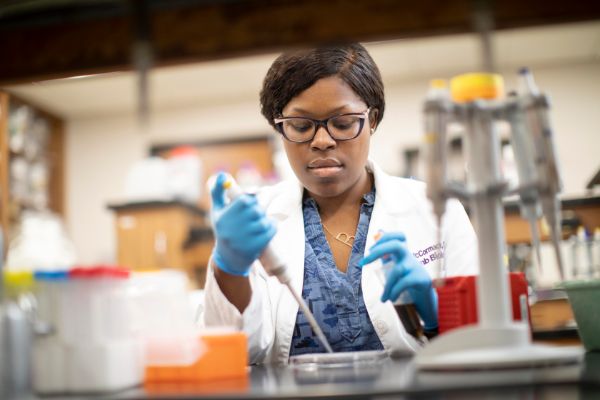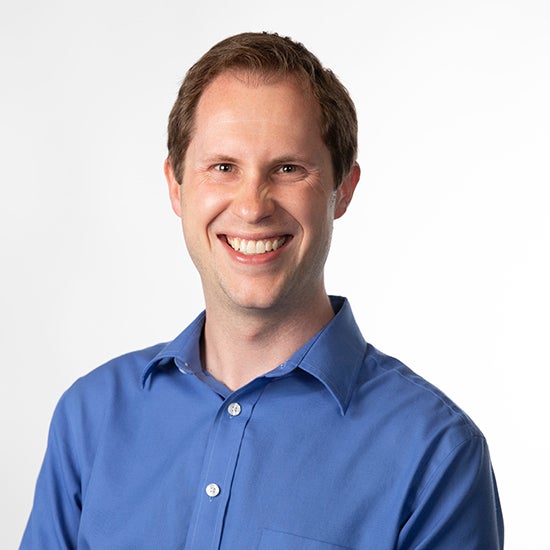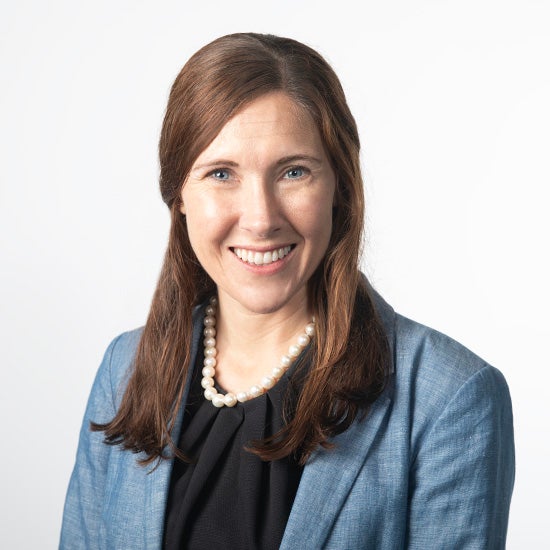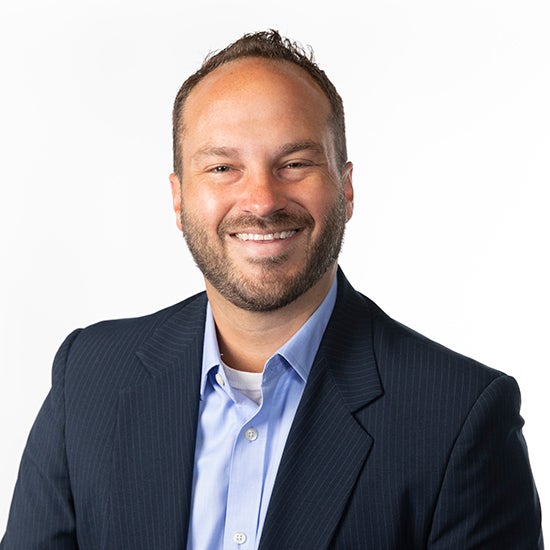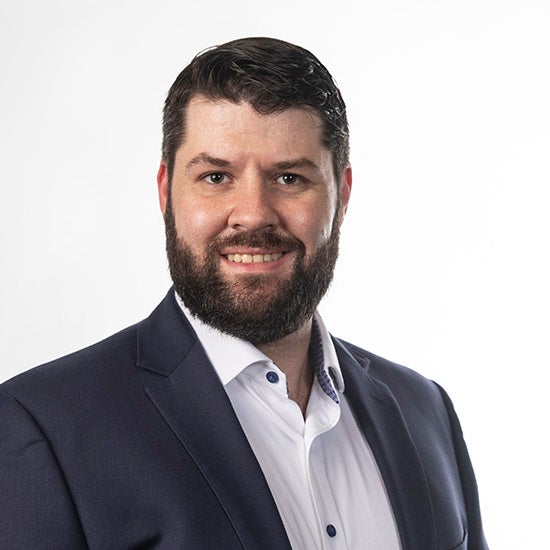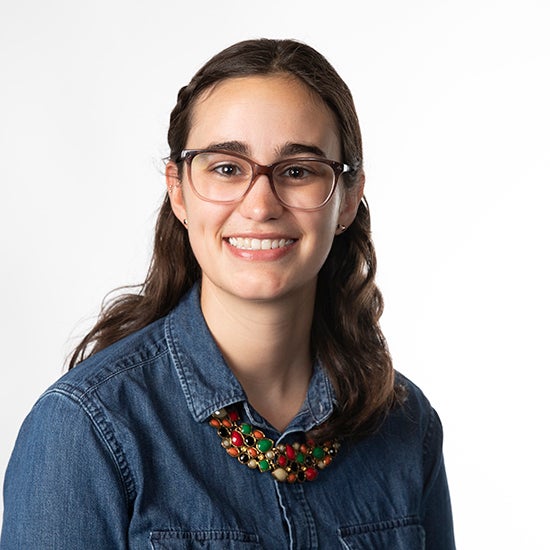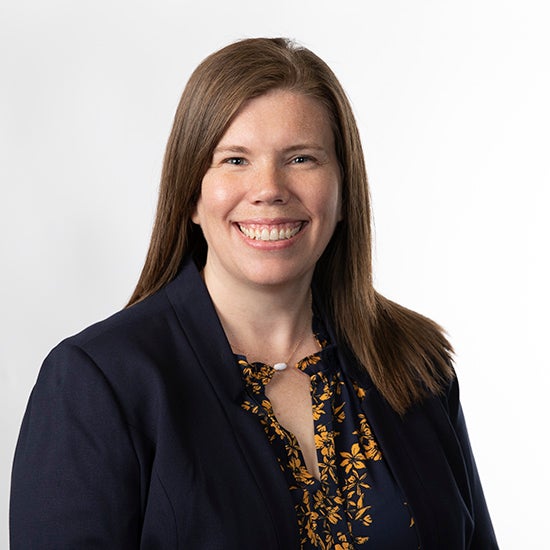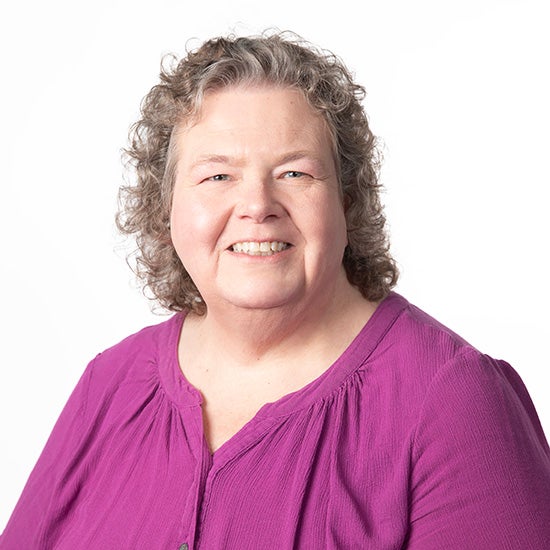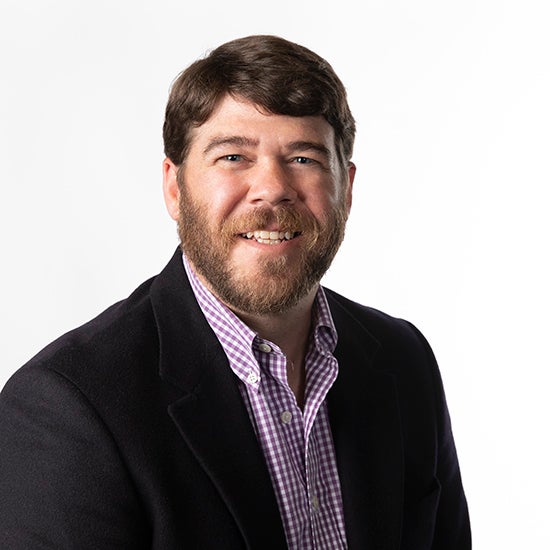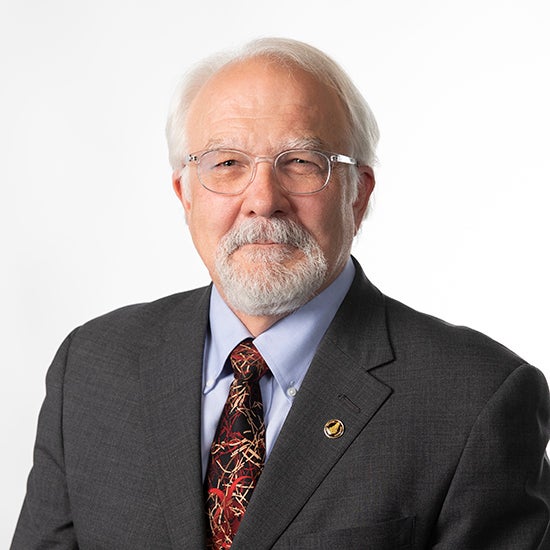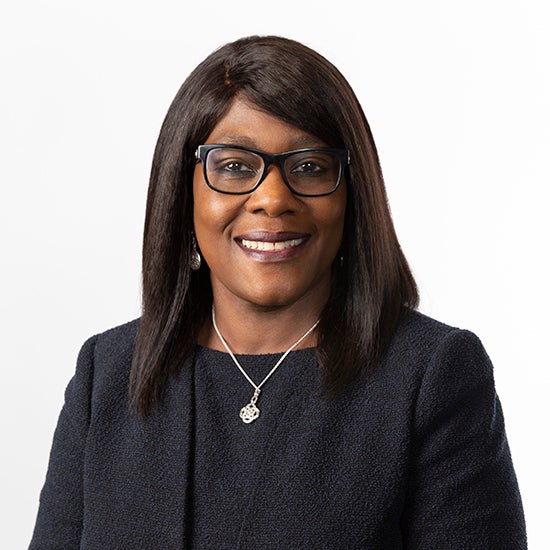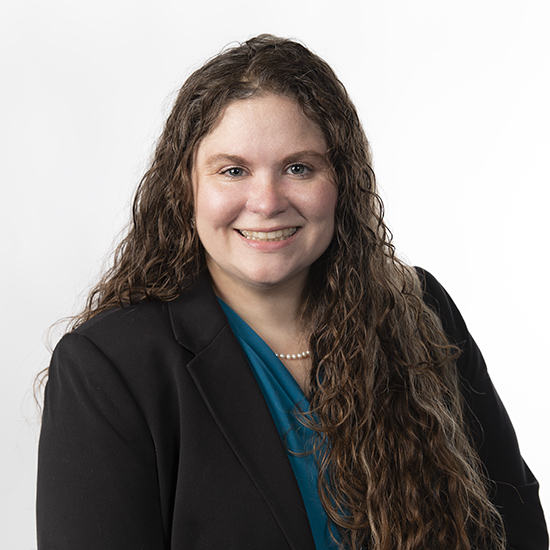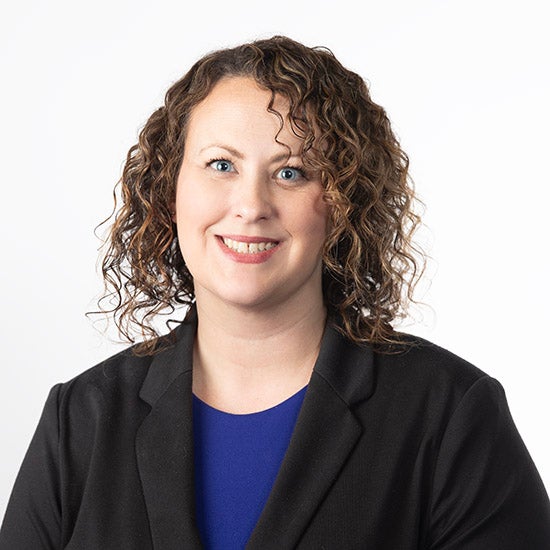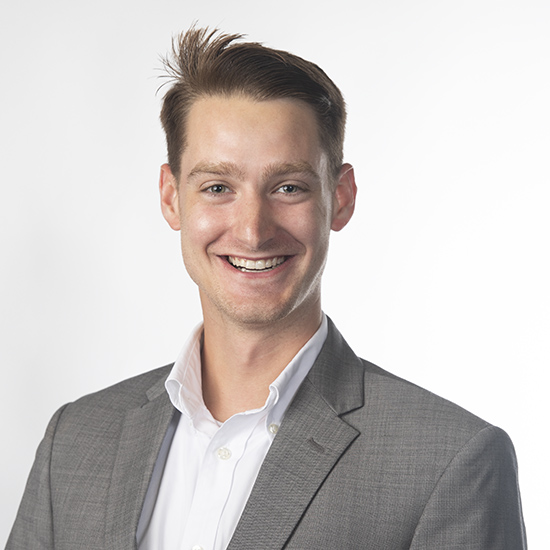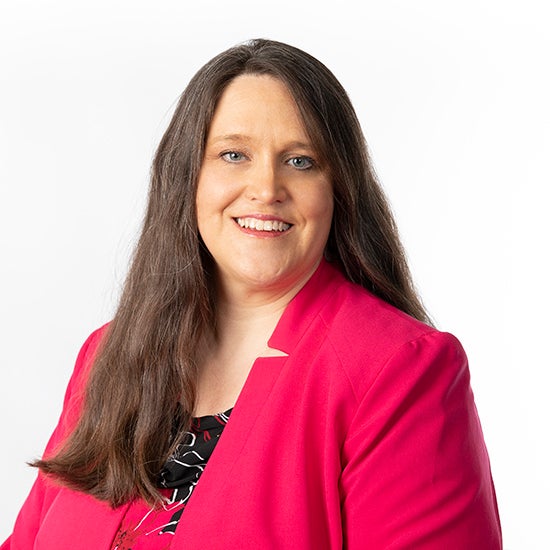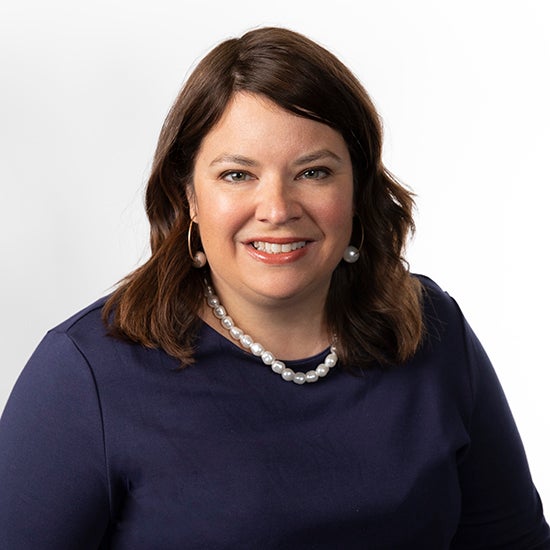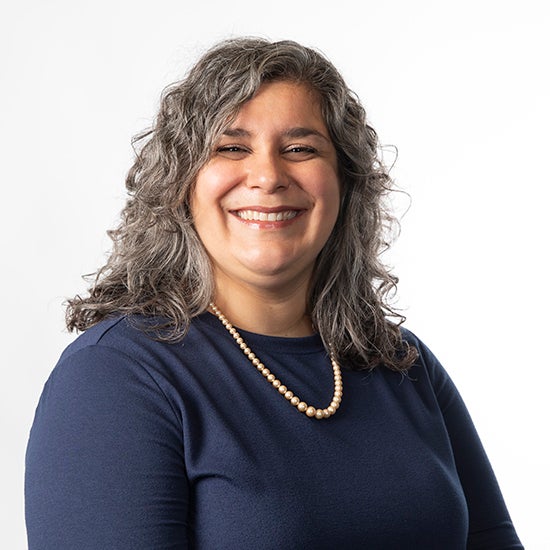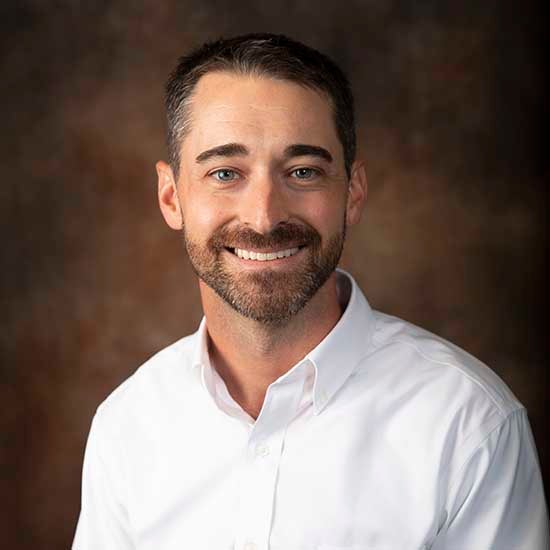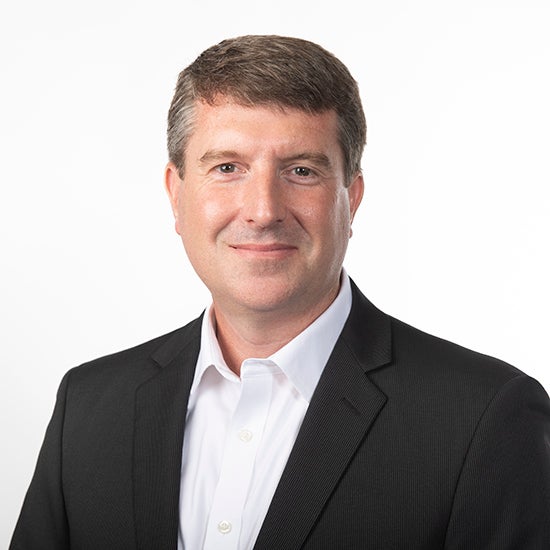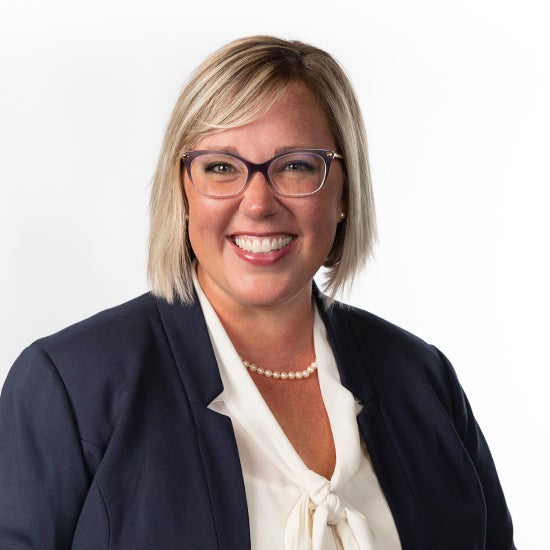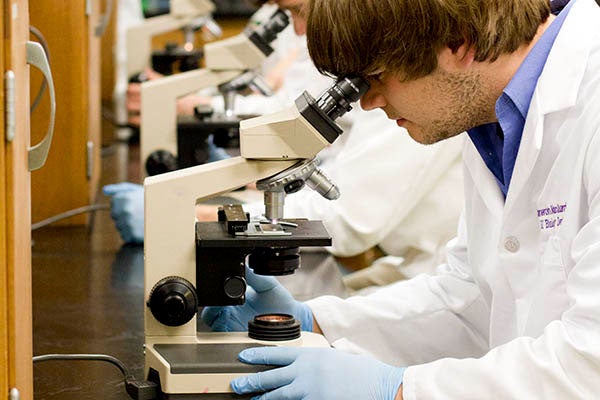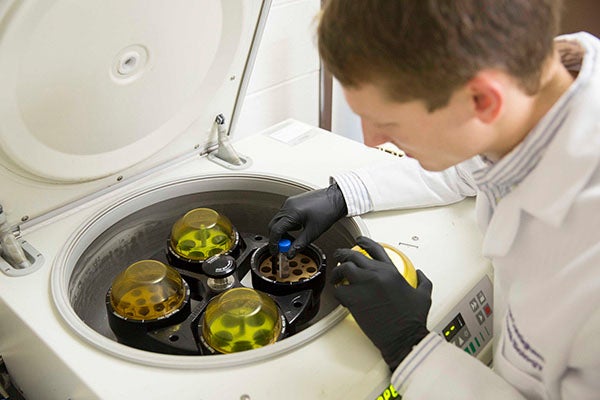Program Overview
Today's medical schools are seeking students with diverse academic backgrounds, and the MCAT has added a psychology component to its entrance exam. To better prepare students for the MCAT and medical school while also preparing them for entrance into graduate programs in clinical neuropsychology and behavioral science or a career in laboratory research, Lipscomb University’s Department of Biology, in collaboration with the Department of Psychology, Counseling, and Family Science, has created a new Bachelor of Science degree in Neurobiology.
Neurobiology students will learn cellular, molecular and anatomical aspects of neurobiology while also gaining insight into the influence of this biology on behavior. By taking a more biological approach than many other programs, placing a focus on understanding the molecular basis of neurobiology, Lipscomb students will be adequately prepared for medical school and health care careers and will also be strong candidates for graduate programs in psychology, behavioral science and neuropsychology. In addition, Neurobiology majors will also earn a minor in Neuropsychology, providing students with a unique and multi-disciplinary understanding of neurobiology.
Courses
Biology program among Christian universities
Our Faculty
Career Paths
Physicians and Surgeons
Physicians and surgeons diagnose and treat injuries or illnesses. Physicians examine patients; take medical histories; prescribe medications; and order, perform, and interpret diagnostic tests. They counsel patients on diet, hygiene, and preventive healthcare. Surgeons operate on patients to treat injuries, such as broken bones; diseases, such as cancerous tumors; and deformities, such as cleft palates.
Medical Scientists
Medical scientists conduct research aimed at improving overall human health. They often use clinical trials and other investigative methods to reach their findings.
Psychologists
Psychologists study cognitive, emotional, and social processes and behavior by observing, interpreting, and recording how individuals relate to one another and to their environments. They use their findings to help improve processes and behaviors.
